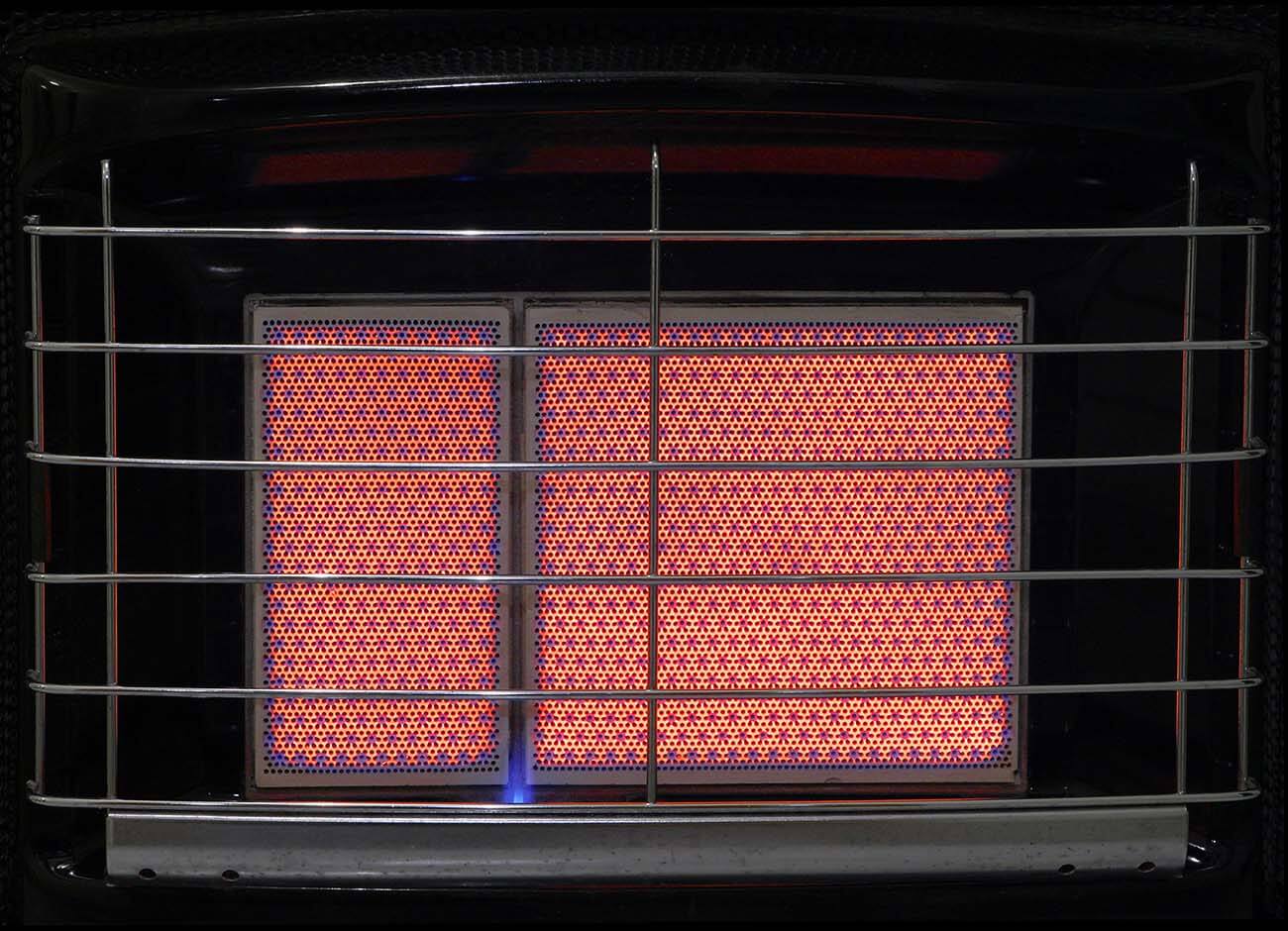Even if your gas heater installation was done by a professional gas heater service, over time the pipe or line may crack, leak, or break in other ways. When it's from accumulating dirt, rust underground, or other problems, a repair is necessary and, frequently, homeowners don't have any warning before it is too late.
Major Symptoms of a Gas Leak
If you're experiencing gas escaping from your system, expect bigger gas invoices. If a line is leaking, gas is going more into your rooms instead of where it's supposed to go. More gasoline then forces into your house to maintain the heating appliances which increases your invoice instantly.
Among the most typical indications of a major problem is a powerful sulfuric odor most notice that it smells like a kind of rotten egg. If that is the case, then contact a professional gas heater service immediately. A specialist team can rate your gasoline line and decide what to do next.
Evidence of gas escaping is the following:
- Dead plants around the house
- A whistling sound by the gas line
- Bubbles showing up in the water
- Symptoms common with the flu showing in residents
Homeowners might detect physical and flu-like symptoms, particularly when the gas flows for a long time. If connected into a gasoline flow, these signs are very considerable and shouldn't be discounted and get expert help as soon as possible if needed.
Also, pets might even have some symptoms of gasoline escaping. Start looking for noticeably different behavior, confusion, watery or reddish eyes, nausea, lack of desire or conspicuous lethargy, or some other odd behavior or signs.
What Steps Should You Take?
In the event that you or somebody in your house is showing signs of physical symptoms from a gas leak, take action immediately. The following steps will make sure your home and the people who live in it are safe and secure.
1. Immediately Get Everyone Outside
It's better to be safe than sorry. Focus on keeping everyone safe and secure. What's the worst that can happen? You'll experience some minor inconvenience and charges, but at least you'll be safe. Even small problems may result in serious poisoning and explosions.
2. Break All Electrical Appliance Use
As you are evacuating, do not touch some electric apparatus. That includes every small thing connected to electricity. Leave everything either on or off, but don't touch it. The main concern here is preventing any sparks from going off, which can be caused by changing electrical switches.
3. Keep the Air Flowing Outside
As you depart your house, leave doors and windows open. Even though this will not halt the gas flow, it is going to help the gas to escape that may help suppress the threat to your house and property.
4. Call Your Gas Heater Service and Emergency Services
When you're far enough away from your house, call emergency services and your local gas heater service. The emergency service team and gas heater professionals can take care of it. They'll make sure everything is cleared up so you can return to your home.
